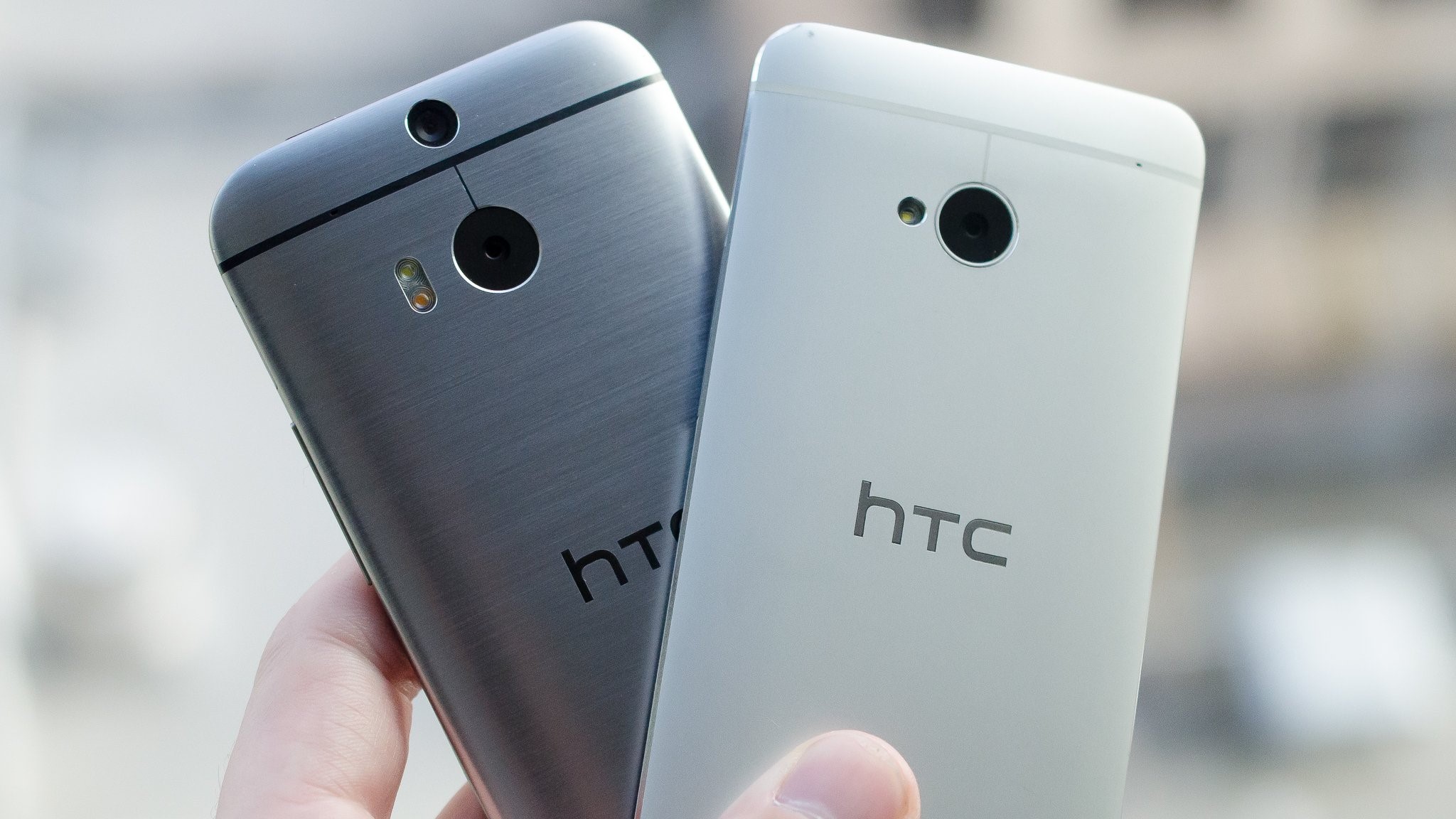

Beyond the Alphabet is a weekly column that focuses on the tech world both inside and out of the confines of Mountain View.
Sometimes, it's nice to sit back and reminisce about the old days. You know, the days when smartphones included things like headphone jacks, microSD card slots, and even removable batteries. Back when smartphones were fun, in the days of Moto Maker, LG G3, the HTC One, and so many more.
It was definitely the Wild Wild West, but it was so enjoyable because there were so many options to choose from. I mean, we even had the Google Play Edition lineup, comprised of phones from Samsung, HTC, Motorola, and even Sony!
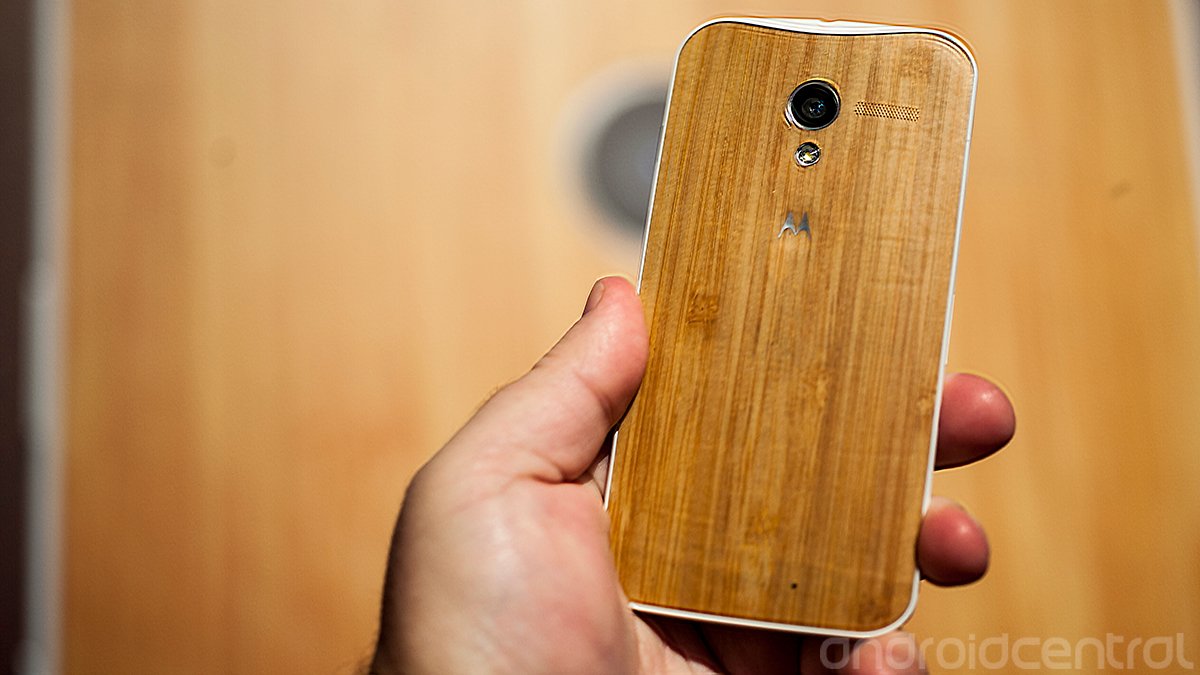
Back in those days, we'd see some wild and crazy designs as companies weren't afraid of taking chances. The Galaxy Note Edge was pretty unique, but was Samsung's foray into the curved screens that we saw on the best Android phones until the Galaxy S24 Ultra, for better or worse.
The Moto Z was so thin that I thought Motorola was going to have an iPhone 6S moment on its hands. Funnily enough, the Moto Z also seemingly laid the groundwork for MagSafe, but naturally, didn't take off in the same way.
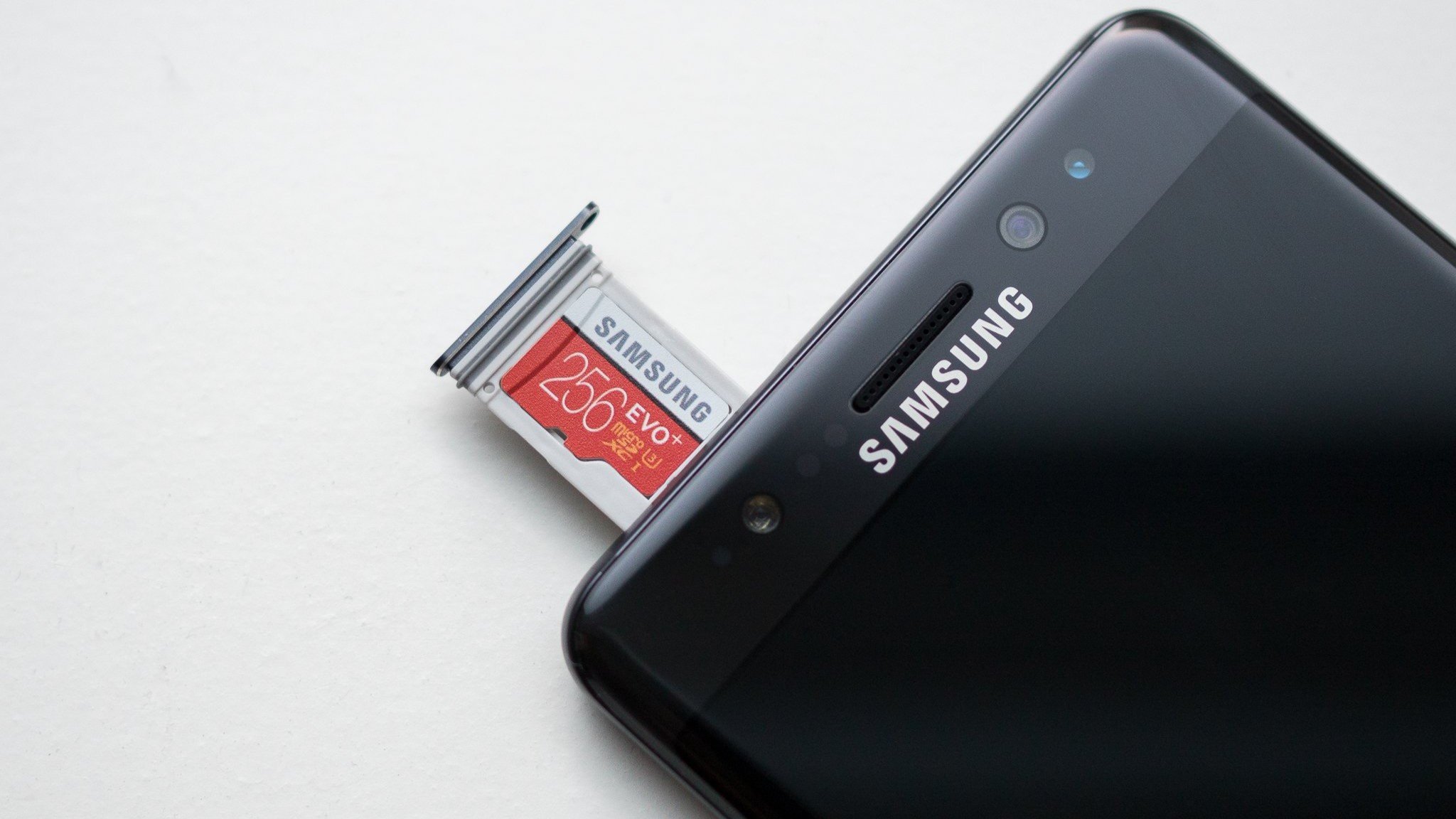
We didn't have to worry about running out of storage because the microSD card slot was there. Bluetooth headphones were around, but why splurge on those when you could just plug in your wired headphones sans dongle?
Sure, today, we have phones that fold and flip and don't need to carry a point-and-shoot camera. We just use the camera in our pockets or bags. That's all fine and dandy, but it hasn't been enough to make me completely forget about the past.
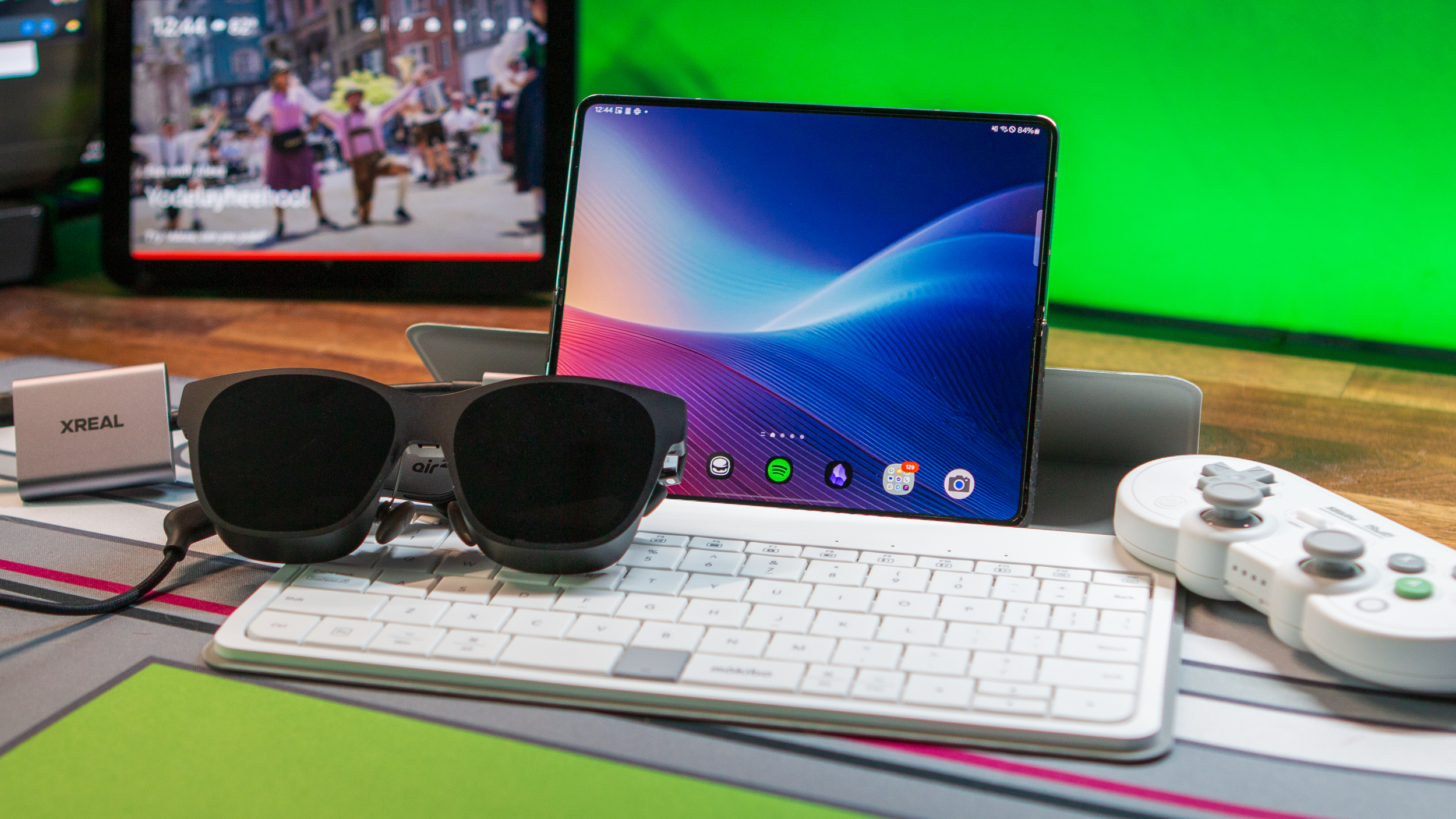
And don't get me wrong. I wouldn't trade a foldable phone for the HTC One M8, even if the underlying hardware was modernized. I'm extremely grateful for how far smartphones have come, more than 15 years after I got my very first smartphone.
Perhaps my biggest disappointment is that phones just aren't as fun anymore. Some of this has to do with the inability to get phones from Europe, Korea, or China in North America. Here, the flagship realm is just the Samsung and Apple show, with a sprinkling of Google and OnePlus.
Looking at what comes to other regions makes me feel like a kid staring out of the window, longing to go outside and play.
Meanwhile, Huawei, Honor, Xiaomi, Vivo, and others are churning out new phones that put what we have here in the States to shame. Xiaomi is even gearing up to release its first Galaxy Z Flip rival. But the only way I'll be able to get my hands on it is to spend an exorbitant (to me) amount of money to have it imported. The same goes for the Vivo X Fold 3 Pro, with its 100W charging and true flagship camera system.
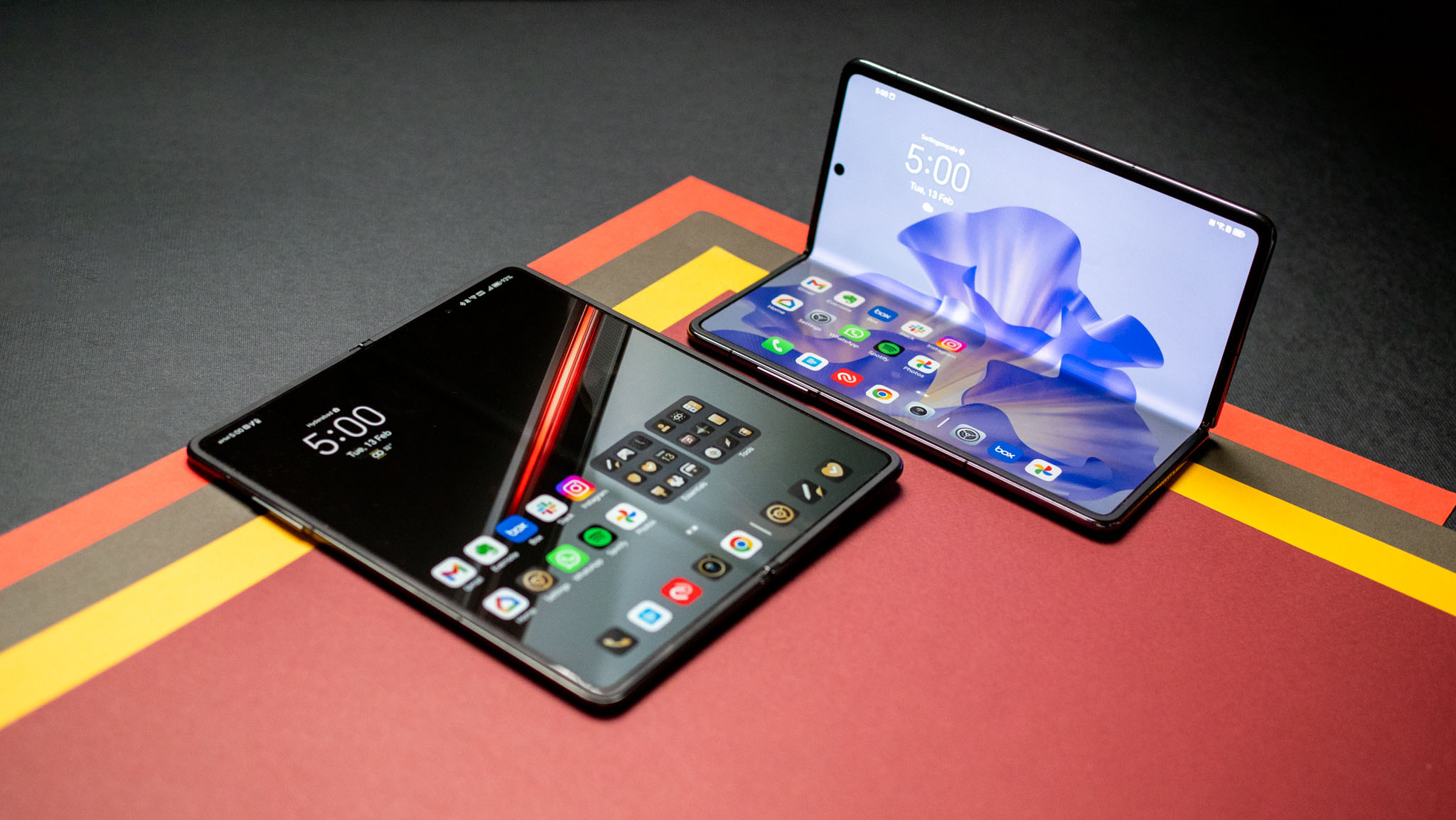
At the same time, I can't help but wonder about what the future holds for smartphones. Slabs are pretty much all the same and I couldn't really care less, with the exception being for phone companies to fix the displays so my colleague Nick can enjoy them again.
I would venture to argue that we've reached the pinnacle of what smartphones can do in terms of raw horsepower. Qualcomm's Snapdragon 8 Gen 3 seems to just about check all of the boxes, as it's powerful and efficient with little sacrifice.
It's also likely why phone companies are now putting more effort into AI capabilities. That's the next "great frontier," as only a little bit of those cool and new features are handled by the on-device NPU. The rest is done in the cloud, which is incredible in its own right, but not the point.
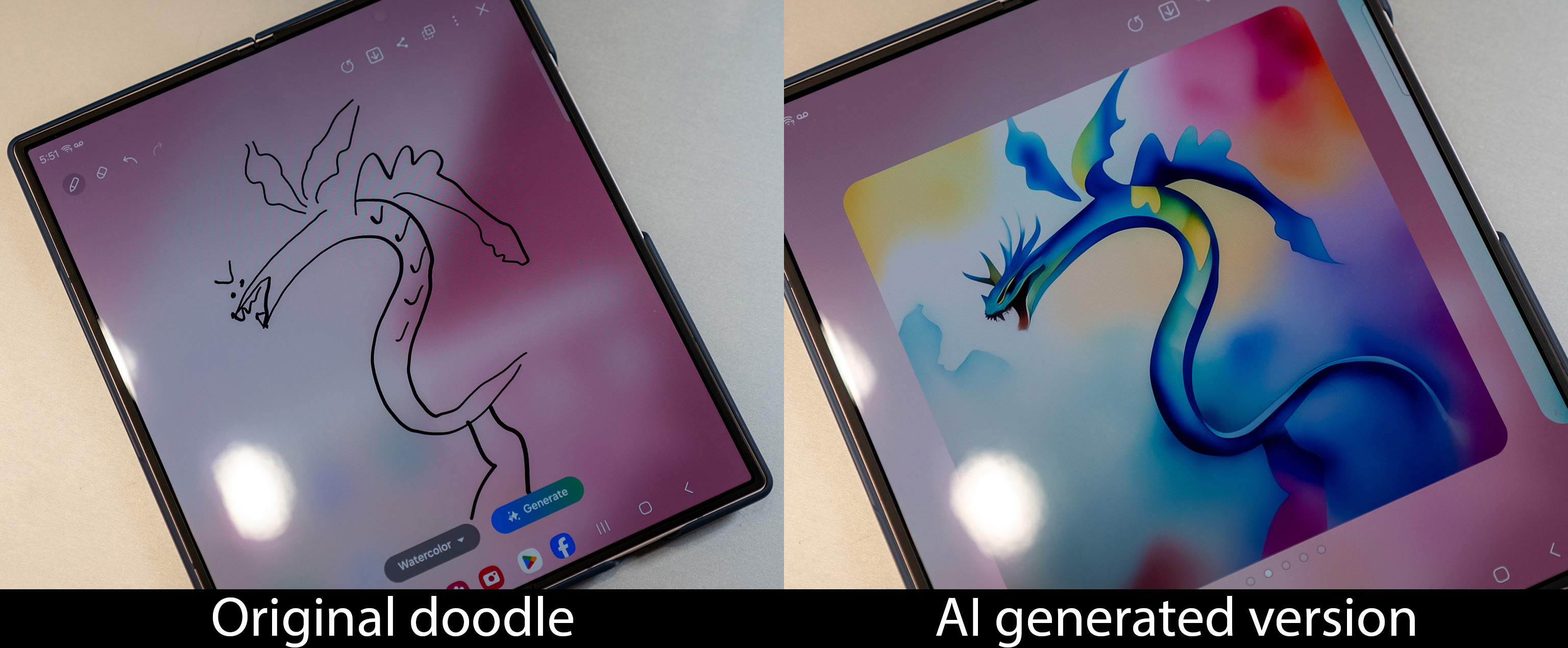
However, the tradeoff to gaining more powerful and efficient phones is that we lose all the features we once cared about, and we continue to pay the price as the cost of these devices increases. It costs money to manufacture processors, and chips like the Snapdragon 8 Gen 3 aren't cheap as chipmakers include newer, more capable NPUs that could result in steeper costs to OEMs.
On the one hand, we can now reap the benefits of on-device processing as a wave of new generative AI features emerges. Meanwhile, OEMs will continue to make the most of what little space they have in these phones to bring that power while chipping away at the things that used to make phones truly fun, then charge us more for it.
Before we know it, the Galaxy S27 Ultra Pro Max will be here with a price tag of $2,000. It'll have all of the bells and whistles, while Bixby will be able to read your mind and do things for you. But you know what it won't have? A headphone jack, microSD card, or removable battery.







